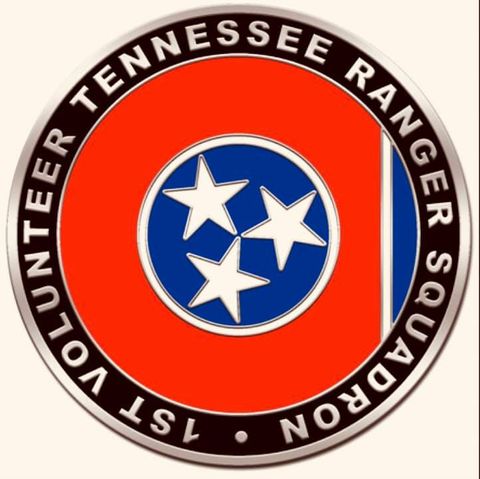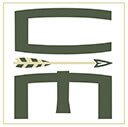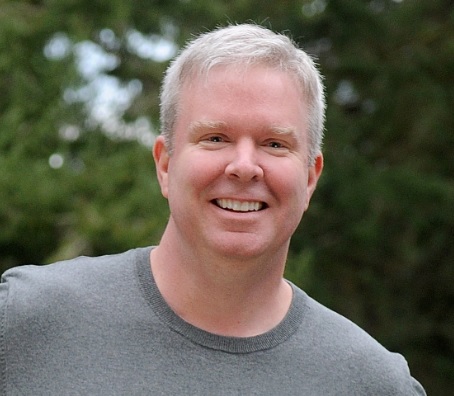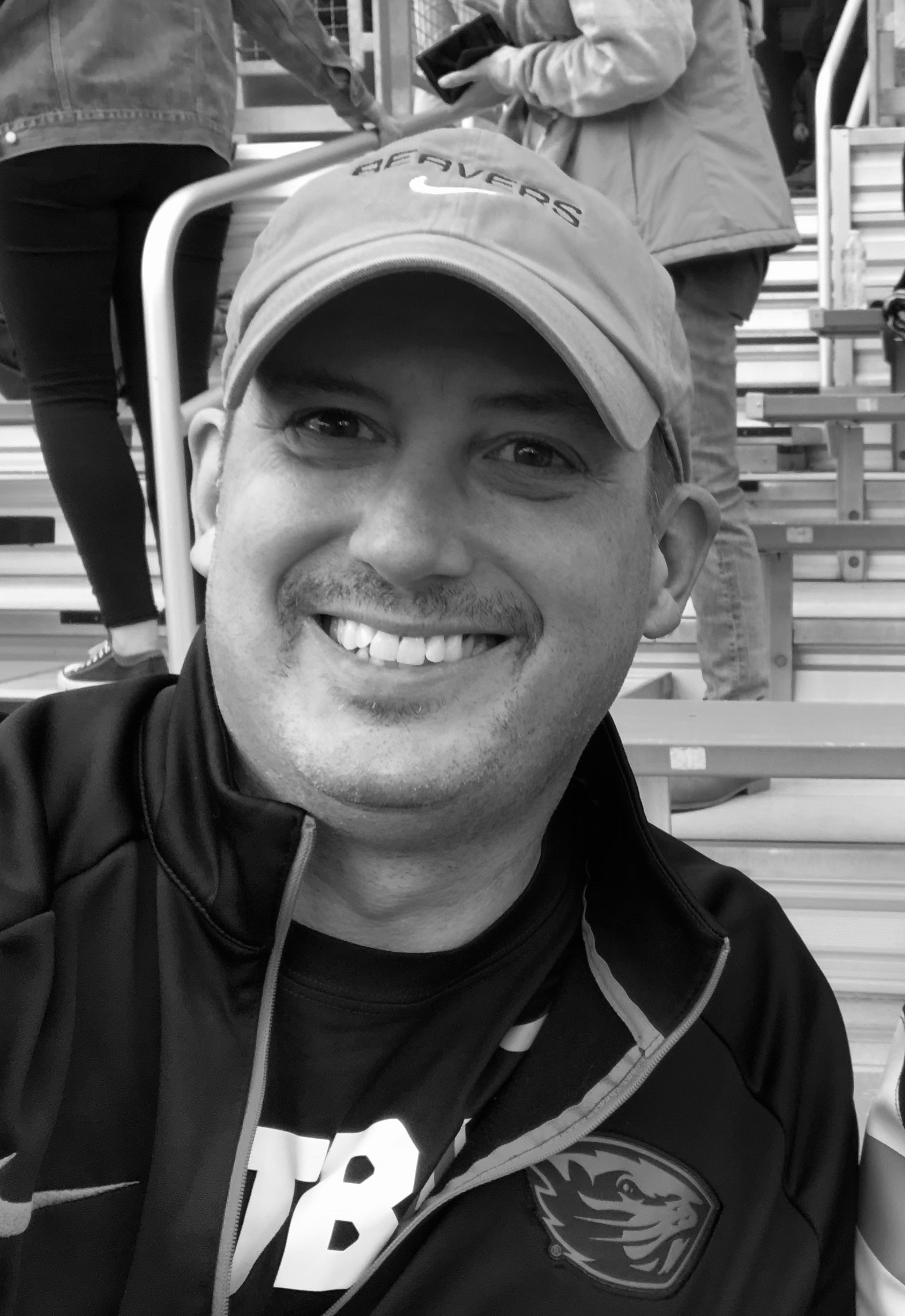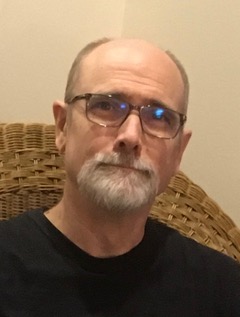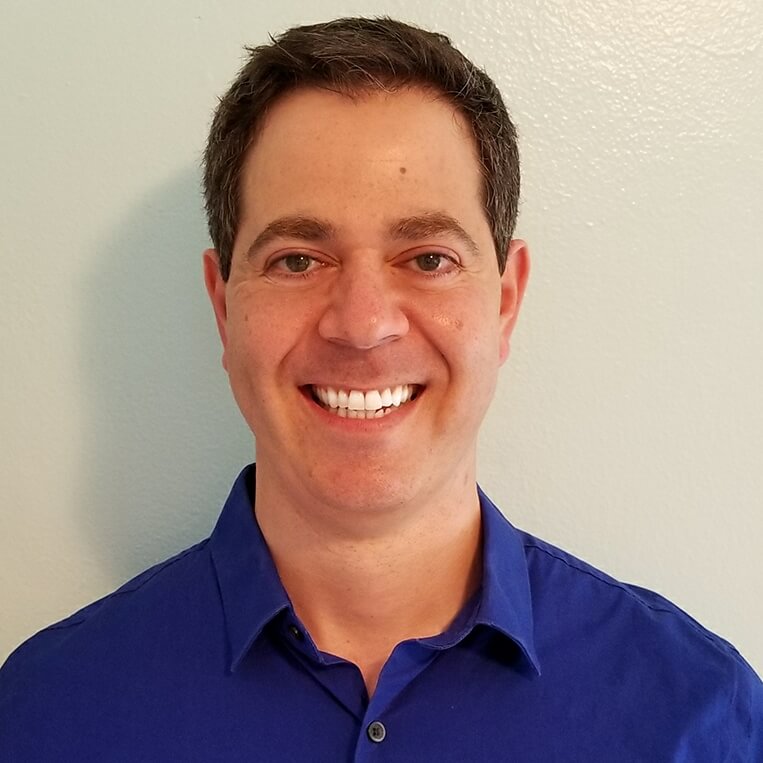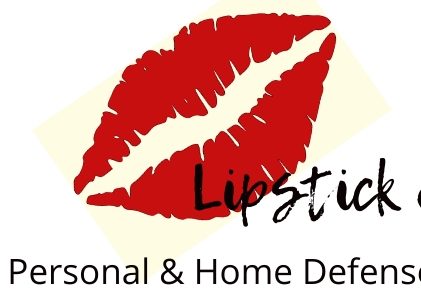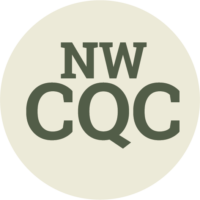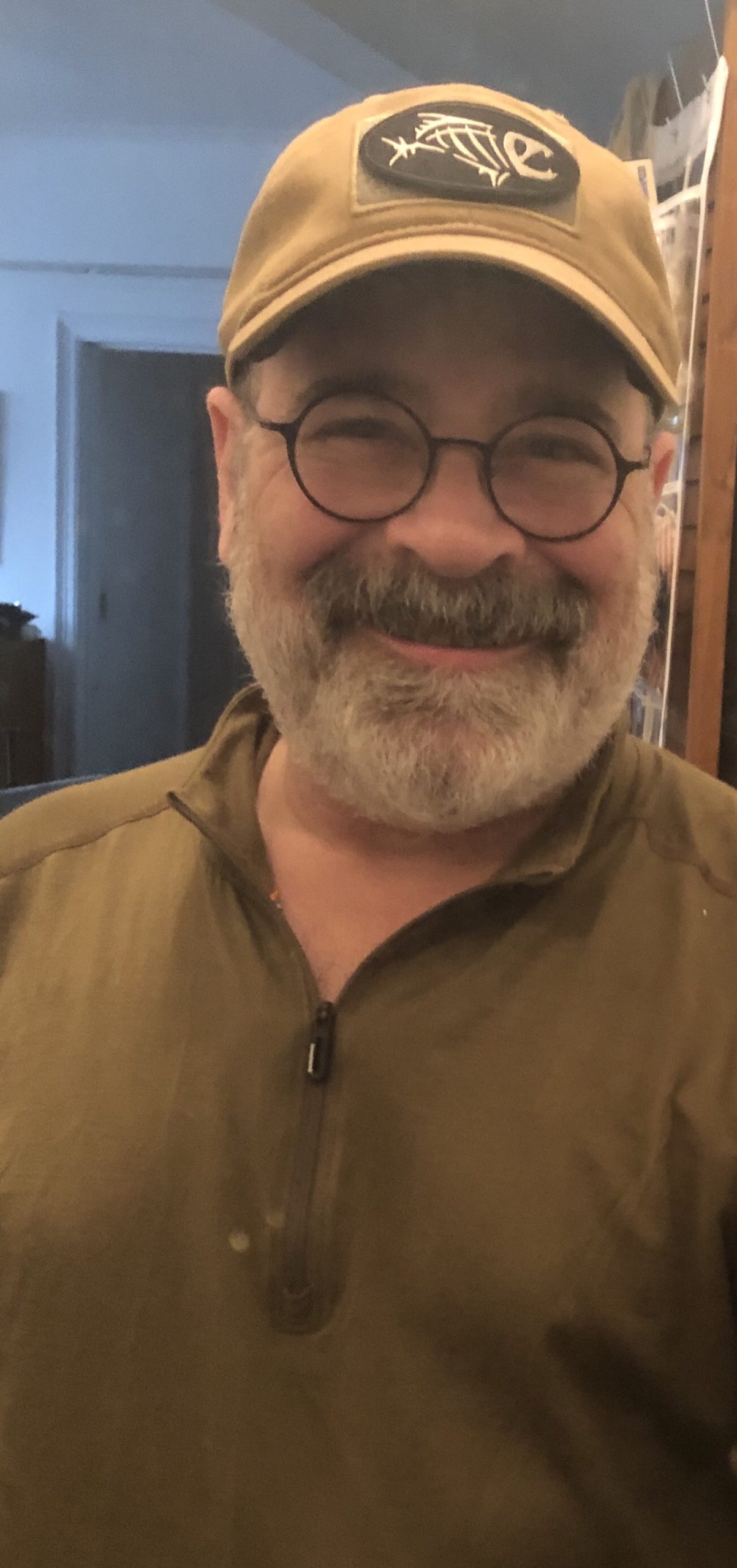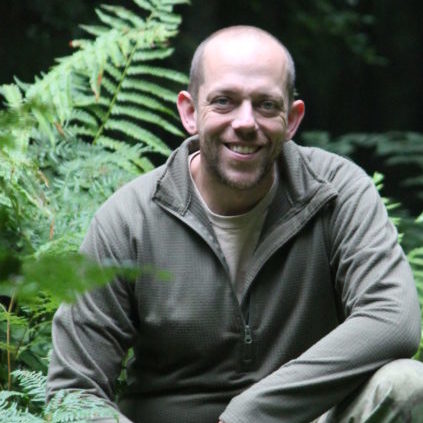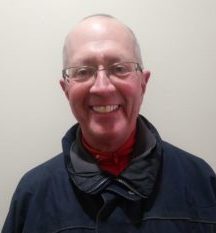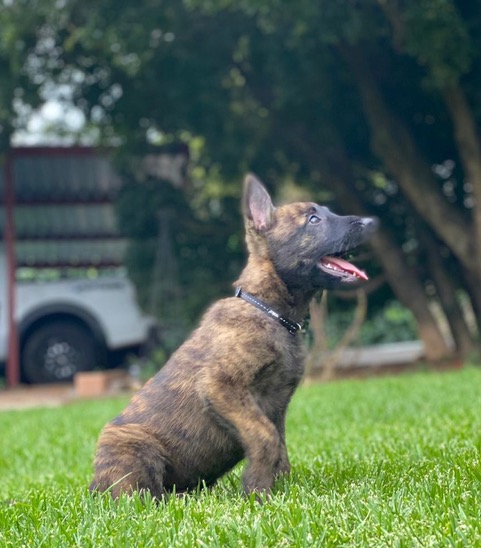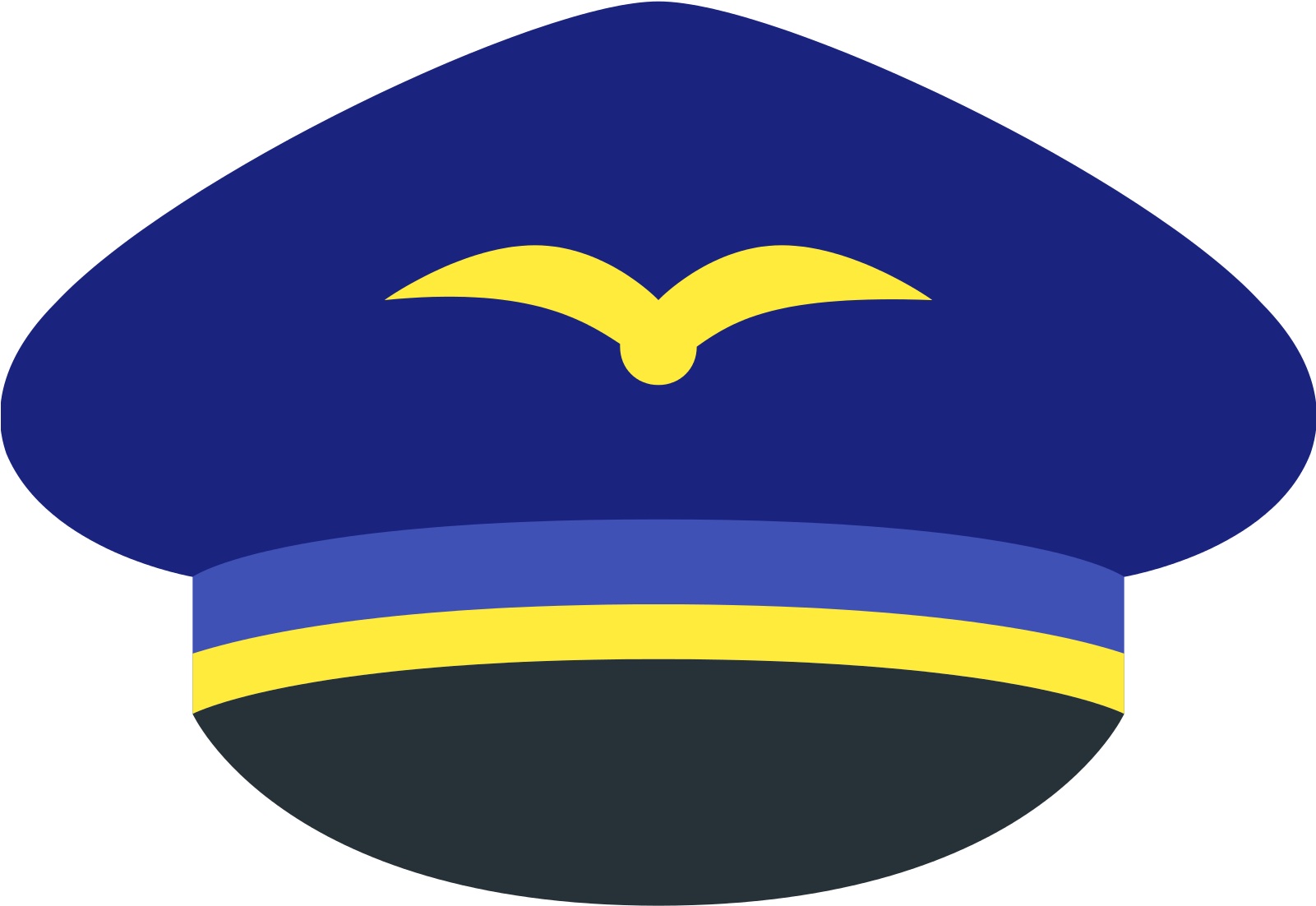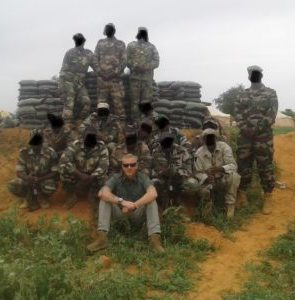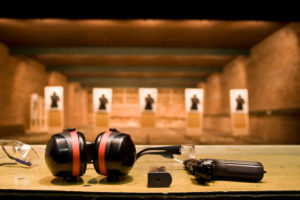You carry a firearm professionally or personally to provide a layer of safety.
If you’re around firearms long enough, you will see someone get shot; whether a negligent discharge or a use of force.
Tactical Casualty Care is the minimum level of tactical medical training anyone who is around firearms,
professionally or personally, should take. The 7.5-hour course focuses primarily on the Care Under Fire or Direct Threat phase of an event, where both the responder and the injured are still in a dynamic, threatening environment. Learn how to quickly evaluate the injured, focus on what’s most important, manage massive hemorrhage, and stop preventable death with minimal equipment.
In an active violent incident, First Responders will arrive in 4-10 minutes after the first 911 call. Recent events show us how much can go wrong in that time period.
Injured can bleed to death from massive hemorrhage in less than five minutes.
How far away is EMS? If medical care arrives after that time, you will watch your loved one, your hunting buddy, or your neighbor bleed to death. You don’t have to. Using minimal equipment and straightforward techniques, you can be the help before help arrives to provide hemorrhage control, address chest injuries, and avoid increased mortality from hypothermia.
In 2015, the White House launched a campaign to encourage every American to obtain life-saving training in hemorrhage control: Stop the Bleed. This training is an hour or two long and may help some casualties. Communities with more citizens who are trained to help in an emergency are more resilient. By carrying a firearm, you’ve already made the decision to be part of the solution. Medical training of these skills diversifies your effectiveness and makes you more versatile.
Crisis Medicine provides a 7.5-hour online course that teaches you more than just tourniquet training for those who want a more robust skill set than an hour or two class. You’ll learn what to do, how to do it, and how best to address many of these critical injuries with minimal equipment, while the event is ongoing, and when the casualty will most need your help.
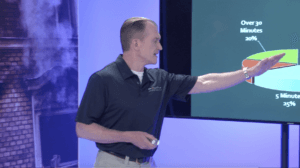 Crisis Medicine offers you classes taught by a former Army Special Forces Medic who has been a practicing, board-certified emergency medicine physician for twenty years. You’ll learn the science behind the techniques so you really understand what needs to be done and can do it under stress, as well as the tactics to keep you safe while you treat casualties. Learn the realities of what gunshot wounds do in the body and to the body, and debunk many common myths and urban legends.
Crisis Medicine offers you classes taught by a former Army Special Forces Medic who has been a practicing, board-certified emergency medicine physician for twenty years. You’ll learn the science behind the techniques so you really understand what needs to be done and can do it under stress, as well as the tactics to keep you safe while you treat casualties. Learn the realities of what gunshot wounds do in the body and to the body, and debunk many common myths and urban legends.
You’ll watch dynamic lectures based on published medical literature, interwoven with photographs, real-world events from World War II through the Global War on Terror and domestic events. Learn the science and learn to separate the bunk behind wound ballistics from the science. You’ll then have the opportunity to see hands-on demonstrations of the techniques, with step by step instructions, close-ups of technique, and big picture considerations. Lastly, you’ll have the opportunity to see all the skills put together in scenarios directly applicable to your everyday life.
Our Student’s Experience
Not sure if online training is for you? Don’t take our word for it. See what our students say.
outstanding job of making the material clear and concise
Considering the complexity of the subject, Dr. Shertz does an outstanding job of making the material clear and concise. He has a passion for evidence-based care, and is able to speak with obvious experience and authority on trauma care. I enjoyed the course and will encourage others to take the TC2 course as well.
The course was excellent... Extremely interesting
I have taken a few in-person courses with Dr. Shertz. I have taken two other TCCC courses, including a train the trainer. This was my first online course. The course was excellent. It felt like I was sitting in Dr. Shertz class during the lecture portions. Dr. Shertz is an excellent presenter and trainer with a smooth delivery and the ability to give a lot of information in a way that keeps your attention. You can tell that he is an expert in the field and that he is passionate about it. I like that Dr. Shertz gives you more information than just "do this." He gives background information and talks about how and why things are done. He gives a lot of information from studies in order to support his statements and the interventions taught. I found it extremely interesting.
It isn't always practical to find a local class or to travel for training. I think that is where these online courses come in. Take one of these online courses and follow it up with practicing the physical skills shown in the course. Any first responder, gun owner, parent, hunter, etc should know this stuff. Do the training before you need it.
The detail, stress inoculation and real-world applicability gave me confidence that I can handle situations
Most of my life I lived in a safe bubble. I practiced martial arts and self-defence but never had the opportunity to learn any medicine for TECC/TCCC environments. I moved to Portland right before the Pandemic and quickly learned that anything could happen, anywhere, at anytime, and if I wasn't prepared I would totally be a liability.
I took TC2 and I'm working my way through K9 TC2 and CRBN. The detail, stress inoculation and real-world applicability gave me confidence that I can handle situations much more intense than I ever thought. Dr. Shertz taught it in such a straightforward way that my curiosity is taking me towards an R-EMT program in the near future to be more involved in TECC. It was insanely informative, honestly fun, and entertaining. I now trust the skills I've learned can safe my life, as well as my friends and family. I know that the images and stories I've seen will prepare me for situations that others would freeze in. The whole Crisis Medicine team went above and beyond in helping me learn and feel a part of the community. Looking forward to more training in the future.
I recently attended the Tactical Casualty Care Course held in Brisbane, Australia. Not only is Mike a great guy with a wealth of knowledge, but he's an excellent instructor with the experience to back up his skills and knowledge. Having served as a medic in an airborne unit, as well as service in policing and as a security contractor in hostile environments, the TC2 run by Crisis Medicine was current, relevant and a good mix of theory and practical skills. An outstanding course, and one that I'd recommend to everyone, no matter if you are a first-time student, or if you are a surgeon, you WILL learn.
…The online training and step-by-step skills stations are every bit as effective at driving home the material as the in-person training
Transformational! Crisis-medicine.com's Complete Tactical Emergency Casualty Care course has been one of the most transformational experiences in my life. Dr. Shertz's practical, no-bullshit approach to triage and treatment of life-threatening trauma has been distilled down to skills and techniques that are very trainable, attainable, and applicable for civilian hands.
After taking this course I am confident in my ability to identify, treat, and manage mass casualties in any active violent event. I can build an aid system using equipment that has been researched, tested, and proven to work - and that won't fail my expectations during a crisis. Everyone who believes that it's important to be prepared for emergencies should crave this knowledge; everyone has something to learn here.
Having taken both the in-person and online training I can honestly say that the online training and step-by-step skills stations are every bit as effective at driving home the material as the in-person training and track very closely with the classroom experience. In some cases, the on-line training is actually a superior way to learn the material, as you can back up to a section you want to review or pause and ponder a graph or chart that is being presented. Although the hands-on classroom experience is undeniably beneficial, the online course will still get your knowledge and mindset where it needs to be for you to act as an effective force multiplier for good if the worst should happen. Thank you Dr. Shertz!
with today's environment and the potential remoteness of our hobbies, the need for more advanced training ... was needed.
I retired from 20 years of active duty service in the U.S. Navy. When I left the Navy over 15 years ago I had been through several of the Navy's environmental survival schools and field first aid training but nothing on a TCCC level, as it had not been developed yet.
Both myself and my girlfriend enjoy going to the range, SCUBA diving as well as open-road cycling. We also do a lot of our own home improvement requiring the use of power tools. Now we’re not Spec-Ops “door kickers” but we realize with today's environment and the potential remoteness of our hobbies, the need for more advanced training outside of a Basic Life Saving or the hour-long STB course was needed.
After a lot of research, I found this (TC2) course. For an educator, for “Joe average civilian”, someone going to the range, offshore to go diving or to the backcountry, even for someone working with power tools on a weekend home improvement project, or your first line deputy, this is a great course. Though the content of this course is directed at injuries derived from gunshots, Dr. Shertz also explains throughout this course that these types of injuries can be sustained from a variety of accidents.
It is said that expertise is developed through repeated exposure to information, patterns, and experiences over time. Dr. Shertz thoroughly explains the hows and whys in layman’s terms. Throughout the course, he reinforces the data presented with examples and scenarios. I hope it is knowledge I never have to use, though I am certainly glad I sought out what I feel is the best in class training, should the need ever arise.
This ranks in the top classes I have taken. Maybe the best. Exceptionally well done!
I just completed the [online] TC2 course and thought I'd drop you a note and let you know how much I liked the course. Actually loved the course! I am a CPA and over the years have done a ton of CPE to maintain my certification and this ranks in the top classes I have taken. Maybe the best. Exceptionally well done!
Thank you for providing this material. I hope I never have to use it, but as with CPR, you never know. I have had to use CPR a couple of times, so I'll sleep better after taking this course should I ever be in a situation where these skills are needed.
I feel more confident in helping in a bad situation
I am a member of a beginner, rag-tag little CERT team (with minimal training), and a member of an online preparedness community. We all want to be able to render aid to our friends and families. Who knows what is going to happen in the near future with all the lawlessness in our cities.
I took the Essential Casualty Care class and felt like I got so much out of that short course. It was definitely worth the $25. I now plan to take the TC2 class as well. Though it is not hands-on, I do feel like I will gain much knowledge from it.
You really also took away the confusion I previously had on what to include in a trauma kit and how to actually USE those items! - which I know should become my "everyday carry kit". I feel more confident in what I will purchase and I feel more confident in helping in a bad situation. There are way too many youtube videos showcasing all the different kits and items without explaining it in concrete visual terms like your online class did.
I never even knew there were public access trauma kits sometimes located near the AED boxes. Now I will be keeping an eye out for those!
Lastly, it was shocking to learn how belts do not work as tourniquets and actually can create much bigger problems. I appreciate the detailed explanation of WHY it doesn't work. Makes complete sense. What a great misconception about that.
Comprehensive and Thorough
This is a comprehensive and thorough course in an easy to follow and understand format from an amazing instructor. I would love to take the in-person version of this course as a refresher someday.
Five-Star, factual information
As a FF/AEMT, I have been exposed to several gunshots in the field. I have had large calibers cause very minimal damage, and small calibers cause death and large amounts of damage. I am an avid hunter and have grown up using firearms and reloading ammunition and had a fairly healthy knowledge of how bullets impacted, and what would cause these differences. All in all, I took this course as a way to confirm or debunk things I had come to believe based on field experience and to use something with a larger pool to gather factual information.
One of the best training experiences I've ever had, provided me with simple, effective life-saving tools I hope never to employ.
I have taken Crisis' one day, [in-person] TCC class in 2010 as well as the [in-person] Advanced TC2 class in 2014, both through Insights Training Center. I cannot speak highly enough of Mike's pedagogical approach, from the quality and depth of the instructional content to his ability as a speaker and instructor to engage his audience and impart new skills and knowledge. I've taken classes with several of the "big names" in tactical training and Mike is among the best instructors with whom I've been fortunate to train.
In TC2, Mike skillfully interleaved lecture material and hands-on labs. Let's face it, few people want to sit in a room listening to someone talk, but Mike kept it completely engaging and always just the right length before breaking or transitioning to a hands-on practical session to drill the material further. I did not feel a single minute was 'wasted time' or find myself glancing at a watch. The final day of ATC2 was purely scenario-based training and from the facility used to the realistic makeup/practical effects employed to simulate trauma to the those who played victims in the drills, every bit was absolutely top-notch. It was one of the best training experiences I've ever had and provided me with simple, effective life-saving tools I hope never to employ. I cannot recommend Mike and Crisis Medicine highly enough.
Highly researched, packed with examples, and delivered with top-notch production quality…
Tactical Casualty Care is the holy grail in crisis first aid training. Mike Shertz expertly distills his decades of experience as a Special Forces Medic and as an Emergency Room Physician into a powerful fact-filled training that leaves you confident knowing what to do in a crisis first aid event. Mike cuts through urban legends and misinformation and shows, through research and real-life situations, what works and what doesn’t.
Mike has seen it, done it, and knows how to share it in a powerful presentation style that sticks. Everyone can benefit from this important information. Highly researched, packed with examples, and delivered with top-notch production quality, this online course will give you skills that can mean the difference between life and death for someone you love or anyone you may encounter who needs crisis first aid
I really enjoyed the no-nonsense teaching
There is very little education available out there for active people (family, job) who are not available to take classes in a real school setting beyond what the Red Cross or AHA offers (BLS, First Aid). Seminars are expensive and not always available within a 300-mile radius. As a teacher and gun owner, basic trauma first aid/TECC is important. I have also invested in plenty of supplies to fill several IFAKs, and I am very familiar with commercial TECC supplies.
I was pleasantly surprised by the circumspect tone of the videos and the cautious approach to gear and recommendations (chest seals, for example). All in all, I was very satisfied by the course. Thank you.
I can not recommend this course highly enough!
Having a background as both an EMT and Tactical Firearms instructor I thought I knew a lot but I was amazed at all the things I learned! Dr. Shertz teaches his curriculum in a very easy to understand and no nonsense way that applies directly to real world scenarios that many of us may face on a daily basis and takes the time to explain in detail how to address the crisis. The lectures are engaging and the training is spot on.
It was incredible how much the class learned
⭐️⭐️⭐️⭐️⭐️
Essential Training For Everyone
I've taken the TC2 in-person class, and it was incredible how much the class learned. I decided to take the Advanced TC2 online to add to my knowledge base. What you learn in this class will help you aid yourself and others. Dr. Shertz will tell you what's bogus and what is medical fact. Then you'll learn to use that knowledge. Don't be an internet ninja with an IFAK you don't know how to use. Be the person who can truly help someone.
An outstanding course taught by a top-tier instructor.
Spent the last three days attending Crisis Medicine’s Advanced Tactical Casualty Care course. In a few words, an outstanding course taught by a top-tier instructor. By the third day, participants were repeatedly handling arterial hemorrhaging from realistic gunshot wounds, penetrating chest and wounds, even amputations, and eviscerations in multiple stress based scenarios with LOTS of training blood and drama-inducing injury props, all under the watchful eyes of very highly experienced special operations medics and chief instructor Dr. Mike Shertz.
Consider this training mandatory
If you are around guns or any other pursuit that puts you at risk of serious trauma, you need this training. It's focused, compelling, and backed by facts and data. I can only hope that any first-responders who treat me or those close to me have had this training or have been trained by those who have. If you carry, this training is as important as the law of self-defense and shooting training.
Overall the course is clear, feasible, contains great material, and is a lifetime skill set
I am a 56-year-old New Yorker, I’m not going to bug out in case of an emergency like a climatic emergency or civil unrest. Having this type of skill is useful for me first, my family second, others in need, and also as a bartering skill to keep me and my family safe.
Finally learning something useful and potentially helpful to the community at large for any number of circumstances is an intelligent thing to do. Further in NY in normal times you could expect a 4 minute to 15 minute response time by trained pros. These skills could very well be the difference between life and death.
To anyone out there considering this course: don’t do as I did. Do not buy the equipment first and take the course second. You’ll save yourself a lot of cash by doing it the other way around. And another takeaway you will only need the equipment you are trained on. Maybe some backup of those in your car, at work. But training first, equip yourself second.
Overall the course is clear, feasible, contains great material, and is a lifetime skill set I wish I would have thought of acquiring many years ago. Give this to your kids as a present as soon as you feel they can take it! And finally, if you own a gun it would be almost criminal not to have these skills.
Thank you to Crisis Medicine. As soon as I can I’m taking the next course.
Anyone who carries a firearm should take this course.
Dr. Shertz has the unique ability to provide tactical medical training from both a Special Forces Medic (18D) background as well as being a board certified physician.
Being prepared to defend yourself or others from a violent incident includes being prepared to provide lifesaving medical attention when needed. Anyone who carries a firearm professionally or as an armed citizen should take this course.
...Exactly like training with Doc Shertz in person
I have known Doc Shertz since 2001. In nearly two decades of having received training from him, I have attended numerous courses he’s taught including his five-day/44-hour in-person TCCC course. The training I just received in the on-line Advanced TC2 course is exactly like training with Doc Shertz in person. This includes everything from how he shares various stories to his sense of humor. If one can’t train with him in person, his online training through Crisis Medicine is the next best thing!
Some things I really liked that stood out with the on-line course was the ability to skip around the various modules if needed, as well as being able to see how many minutes each module was ahead of time.
The short quizzes were good too. They offered just enough of an assessment to ensure the student was awake and not just “clicking through,” but not challenging for folks who paid attention through the course material.
Overall, the video and sound production was very well done, including background colors, visuals, etc. This included various camera angles and a good balance between Doc Shertz talking and the PowerPoint presentation he was going over. At no point did it ever feel like a “death by PowerPoint.” The instructional format kept me interested the entire time.
Being in a reserve component of the military, I have completed countless required online training courses. I can honestly say Crisis Medicine's online course was the best I have ever done.
A fantastic way to learn life-saving skills
I have been in my fair share of medical classes but this was my first ever online course. That being said this course is a fantastic way to learn life-saving skills. Just don't forget, perfect practice makes perfect so keep your skills sharp!
Dr. Shertz is the perfect balance of huge doctor brain, dark humor, and 18-D to keep me learning, interested, and engaged. I certainly giggled more than a few times. I would recommend this course to anyone who wants to be an asset to society, team, and family.
The support I got was great. At one point I clicked a button in the course that I didn't mean to but the support I got was really solid, solved the issue and super friendly.
Wow! I love the no-BS approach
Covid-19 is ongoing, but, I recently returned to working in an office in NYC. That means a ~1.5-2h commute each way through various public transits. With the current political environment, I felt too exposed to threats. I carry a TQ, QuickClot, chest vent, Israeli bandage, gloves, and sheers (wow, my carry gear is completely about to change, thank you!) and felt "confident", but "untrained".
I watched a lot of YouTube videos (wow, they are wrong); but, had on my docket to take a 2-day course on trauma wounds taught by former SF. With the virus, the course was canceled.
I did a search and found this, read the reviews, looked at the material listing, and figured this would be worth a shot.
WOW! I am an engineer, a mountaineer, and this material literally speaks to me. I love the no-BS approach. I love the "this is the data around IF this works and under what conditions."
Take the class!
Years ago, I made sure I had the latest C.A.T. tourniquet to put in my trauma kit but only recently did I learn how to use it and ended up getting a newer version. I've always taken pride in being well prepared on having a complete first aid kit but not knowing how to use everything is not to bright.
In January (2020) I took a Stop the Bleed class and became energized to learn more. Later on, I watched the video "Until Help Arrives" (FEMA) which added to a good basic skill set on hemorrhage control. But after I went through Tactical Casualty Care (TC2) I feel like I'm a part of my local EMS community by being an “Active Bystander”.
Today I have confidence and empowerment as I'm hiking, working outside, doing errands, or if come across a violent incident...doing something is better than nothing! I keep my new Trauma Management Kit (as I call it) next to me in my car or on my pack because every second counts. I recommend putting your own kit together instead of an OTC kit because you can put in the best components available, for example I have the C.A.T. 7, ETD (NAR), etc. because they work and are backed by science. So, what I'm trying to say is take the class!
...Outstanding and well-set-out material
I commend Crisis Medicine on this outstanding and well-set-out material and for making this material available to people like myself, who want to become more educated and prepared in the event of an emergency. Having skills to help and build the confidence to step up and assist rather than watching in the background and not knowing how to make a difference. In this instance to hugely important members of an operational team like K9's. Specifically, we you have the best Dutch Shepherd on the planet, in our humble opinion!
Thank you for this!
With respect,
Greg Webster
These presentations almost make it feel like you are there.
No matter if the injury is caused by accident, nature, or violent perpetrator. I believe it is important that one is capable of being your own first responder. We can make a difference during the time before more highly trained and equipped help arrives. This course adds a lot of important information, skills, and mindset that may not be typically provided in a more traditional first aid/CPR course.
The lectures, slides, videos, and demonstrations are well balanced and provide a comprehensive understanding of each topic and skill set. I know it is most ideal to work through these skills in person but these presentations almost make it feel like you are there. I also appreciate Dr. Shertz's candor, humor, and unbiased discussion and evaluation of the many products and techniques that are presented.
Definitely worth doing this course! You have my seal of approval.
Informative, concise, and an excellent teaching method. Being an ex-military type myself, I very much appreciated the simple, clear verbiage as well as the subtle military sense of humor that comes through in all the lessons. I would certainly recommend this course to anybody who has an interest in tactical or emergency care. I have done many courses in my time and as online courses go, this was certainly one of (if not) the best. Bravo!
A wealth of information designed to allow us to make good decisions when shit goes wrong.
I was in your Tactical First Aid class in June of 2016. I loved the class, both lectures and demos. The wealth of information designed to allow us to make good decisions when shit goes wrong. Now 734 days later, last Saturday, I was at the range for a steel challenge match and ended up addressing a 9mm ball round through a guy’s thigh. I was so glad I took that class.
I was so glad that I took YOUR class. Thank you for all the help.
The guy is fine. What struck me after the fact was that I didn’t consciously decide to take action, I just hauled ass around the berm and found myself gloved up and cutting a dude’s pants. It wasn’t a matter of confidence, more a deeper sense of duty (or maybe I just relished the opportunity). Your class made me a better person simply by triggering a more worthwhile response.
Clear explanations and demonstrations, honest assessments of gear and techniques, and a straight-up, no-BS approach to saving lives.
⭐️⭐️⭐️⭐️⭐️
Tactical Casualty Care -- take it!
Excellent course. Mike knows his stuff -- he has seen, treated, and photographed just about every trauma a body can sustain. Clear explanations and demonstrations, honest assessments of gear and techniques, and a straight-up, no-BS approach to saving lives. My last Tactical First Aid training was early 2000's vintage, so TC2 was not only a great refresher but a great update -- lots of new material. If for some reason you're on the fence, take this class! Everyone should have this kind of life-saving knowledge
I can't wait to learn more with CM
Took the 10-hour (in-person) TC2 class at Insights last summer. I can't wait to go back to learn more with CM.
In seamanship, the primary rule is: keep the water out. This class could be nicknamed: keep the blood in.
In basic boating seamanship, there are a couple of primary rules and one is: Keep the water out. Dr. Shertz's class on Tactical Casualty Care could be nicknamed: Keep the blood in. Dr. Shertz is a dynamic and crisp instructor and compelling educator. I unlearned years of Hollywood war movie myths on what a bullet does to the body and learned what really happens when a person (or gelatin) gets shot.
Most importantly I learned what I could do to help 'keep the blood in' and how to go about that to a reasonable degree. Both the classroom and hands-on instruction were thorough and I recommend the class to anyone who wants to become more educated in tactical casualty care, or wants to possibly be of use if found in a direct or indirect threat event with casualties and minimal equipment.
